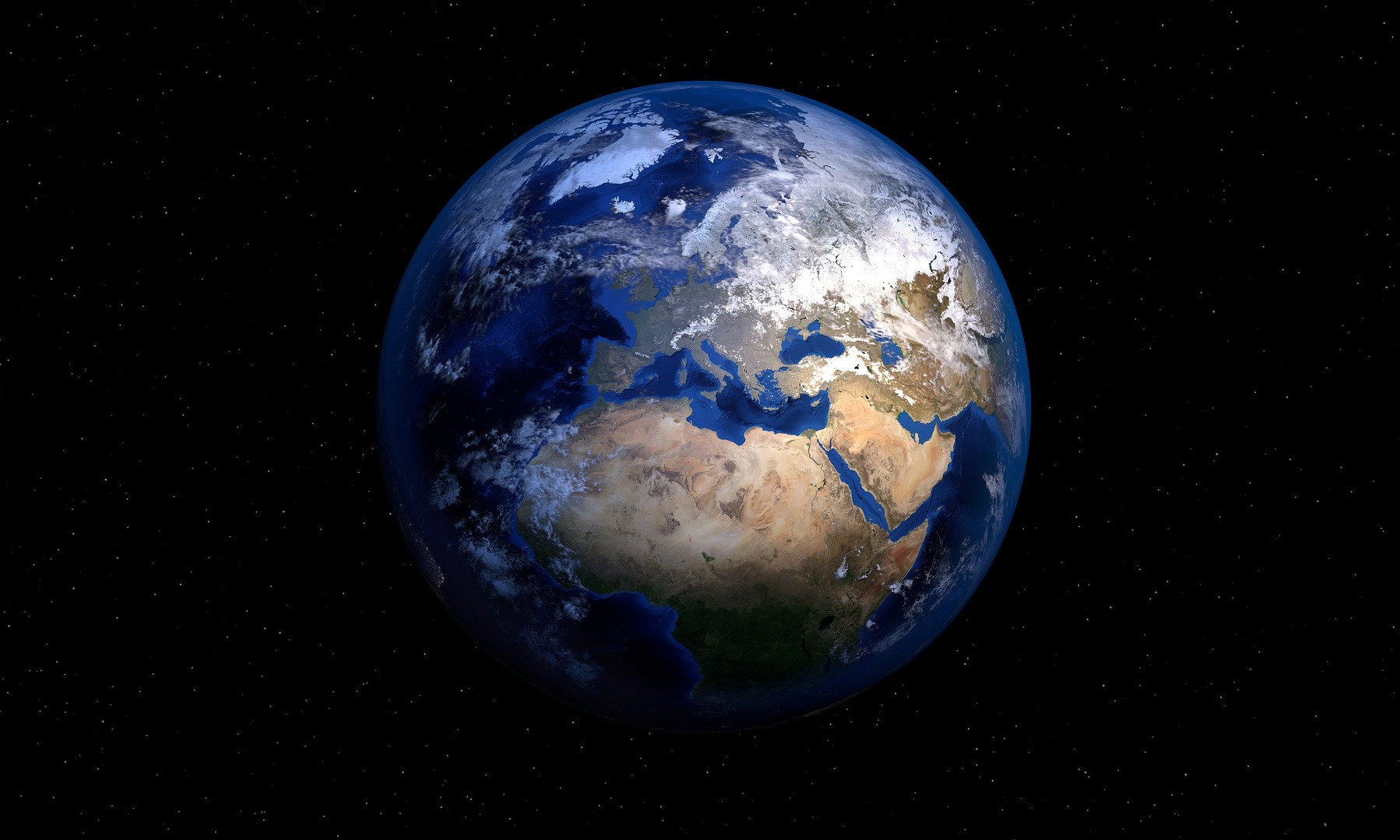
Planet Earth picture from Pixabay.
Saturday 4 February is World Cancer Day, a day when millions of people unite in the fight against cancer, to show their support and raise vital funds for life-saving research.
It’s an important day to raise awareness about the disease worldwide. Here at The Institute of Cancer Research in London, we decided to use the occasion to highlight the global nature of research into cancer, and how important it is to work with other scientists around the world to help fight the disease.
We asked some of our scientists and their international collaborators their thoughts on the need for a global effort to study cancer and find new treatments.
'Training the next generation of cancer researchers'
Our Chief Executive, Professor Paul Workman, collaborates with many researchers around the world and recognises the importance of international partnerships:
"Cancer is a disease that people suffer from around the whole world. And it requires the best minds from around the whole world to work together to overcome it.
"I find working together with smart scientists internationally has been important not only to achieve our shared scientific objectives, but to help train the next generation of cancer researchers and also to drive policy changes."
'Cancer has no borders'
Professor Winette van der Graaf, Professor of Personalised Oncology at the ICR and a consultant at The Royal Marsden NHS Foundation Trust, said: “Cancer research is a global effort by definition, because the ultimate aim of research should be to do something that has impact on cancer patients all over the world, as cancer has no borders.”
Professor van der Graaf is an international expert in sarcoma and her research has benefited substantially from global networks.
Sarcoma is a rare disease that affects different types of tissue in the body. For cancers like sarcoma, the only way to get sufficient numbers of patients or tumour samples to study is by collaborating with international research groups.
Professor David Thomas is a Director at the Garvan Institute of Medical Research in Australia and has worked closely with Professor van der Graaf.
He said: “In the sarcoma field, collaboration has been essential to creating the International Sarcoma Kindred Study— in which the ICR and The Royal Marsden Hospital have played an important role. Winette and her team have been terrific at supporting collaborations that cross borders.”
Spectacular progress in treating leukaemia
Professor Mel Greaves, Director of the Centre for Evolution and Cancer at the ICR, is similarly keen to stress that cancer is an international challenge that requires international solutions.
He said “There is no country on Earth free of cancer and the major challenges – addressing key research questions, clinical trials allied to best practice in diagnostics and therapy, plus access to funding – are all shared.”
Professor Greaves’s distinguished career has focused on studying leukaemia in children.
There has been spectacular progress in treating this disease over the decades: more than 90% of children who develop leukaemia can now be cured, and researchers have unravelled much of the underlying genetics of the disease. None of this would have been achieved without international networks of researchers sharing their knowledge.
Cancer respects no borders
Professor Izraeli Shai is Head of Childhood Leukemia and Cancer Research at the Sheba Medical Center in Israel, and alongside Professor Greaves, their work has made key advances in understanding the disease:
He said: “During my visit to the ICR with Professor Greaves in 2005, I shared with him our observations on the genetic diversity within tumours of childhood leukemia. Later, he performed a much more comprehensive study demonstrating it to be true. These findings are important to understand why therapy sometimes fails and how to try and prevent relapse.”
Through international collaboration, Professor Greaves collected specimens of leukaemia occurring in identical twins from all over the world. His research discovered that the first mutations leading to the development of leukemia in children are formed before birth in the womb. Thanks to this research we now know how leukaemia is created – a truly global effort that could help save lives.
Cancer respects no borders, and these examples show what can be achieved when science transcends global boundaries too.
comments powered by